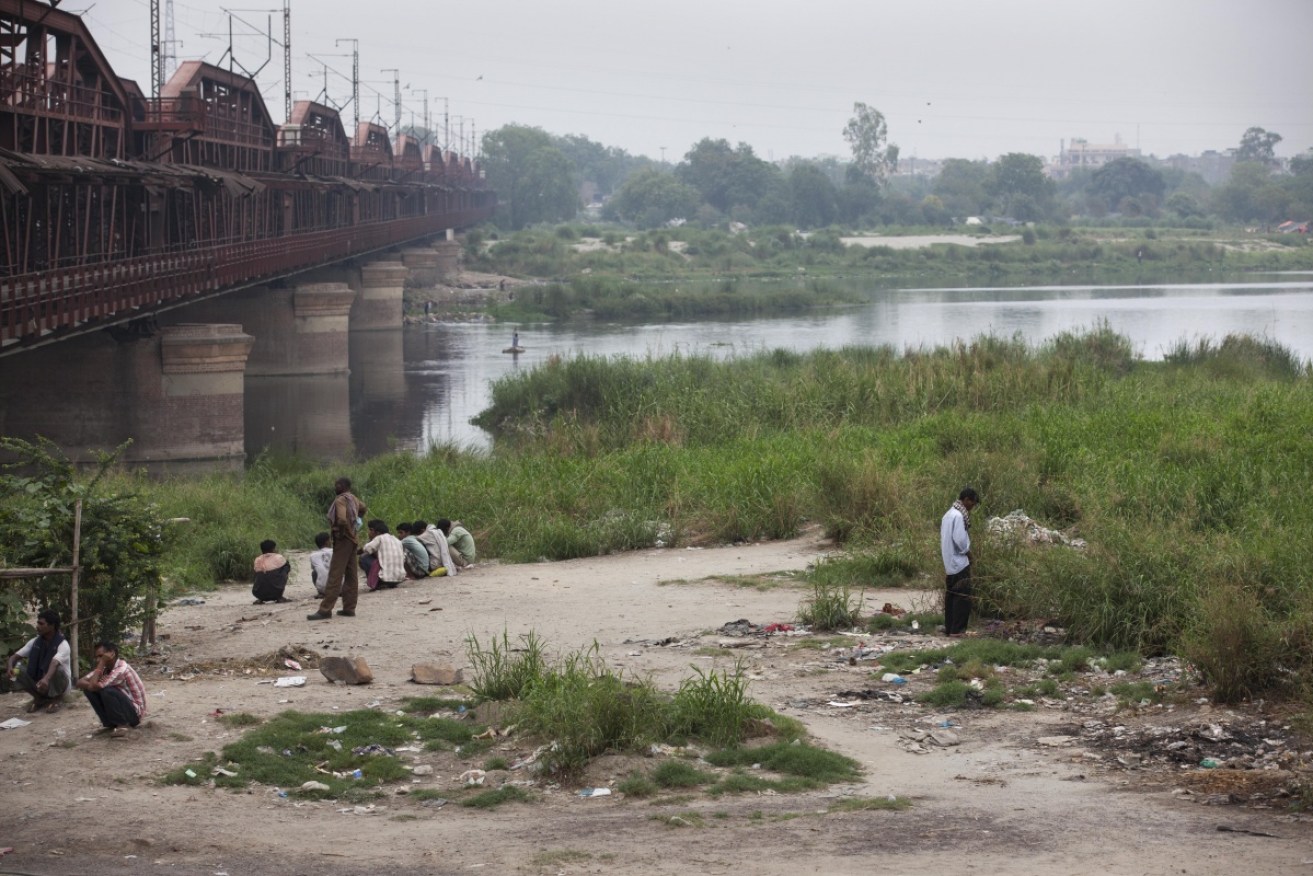Every third person in world without toilet: UNICEF

AAP
One in three people around the world still do not have access to a proper toilet, according to a new report from the United Nations children’s agency UNICEF.
Progress on sanitation is falling short of the UN’s millennium development goals, which were set in 1990.
The goals set targets for improving sanitation and plumbing around the globe.
• Confused about Greece? Here’s what it all means
• What Ramadan has to do with trio of terror attacks
The report said close to 1 billion people were defecating in the open, increasing the risk of the spread of bacteria.
UNICEF Australia’s media manager Kate Moore said poor sanitation caused the deaths of children who fall ill with water-borne diseases.
“We have issues of disease spreading and the risk to children who are the most vulnerable in these situations,” she said.
Since 1990, there have been big strides in some areas, with UNICEF reporting 2.6 billion people had gained access to clean drinking water in the past 25 years.
But the World Plumbing Council deputy chairman Shayne La Combre said progress had been much slower when it came to sanitation.
“That requires a little bit more capacity, infrastructure and, I think, this is now the new focus,” he said.
“The more we get security to fresh drinking water, the more we now need to ensure sanitation are at levels that are acceptable.”

Men in India urinate in the open. Photo: AAP
Poor sanitation spreads viruses and bacteria that cause blindness, diarrhoea and even death.
Mr La Combre said some Australians would be surprised to learn many remote Indigenous communities also do not have proper sanitation or drinking water.
“People are thinking about Victorian England, they don’t understand that these diseases are still very prevalent,” he said.
“We’ve got communities where, because of the failure to have access to safe drinking water, [people] are exposed to the very same risks we associate with third world countries.”
Sanitation targets not likely to be met
Children in South Asia and in countries in sub-Saharan Africa are the most vulnerable, the UNICEF report said.
Ms Moore said it was clear there was a huge lack of proper plumbing, but she said cultural habits needed to change as well.
“In India where we’ve got open defecation, we’ve seen very targeted programs that teach children about what they can do to be the change agents in their families,” she said.
She said UNICEF in India had started a Take Poo to the Loo campaign to discourage defecation in the open.
The UN has set new goals for sanitation – by 2030 it wants to see open defecation eliminated.
The report conceded at the current rates of progress in rural areas in poorer countries that was not likely to happen.
-ABC








